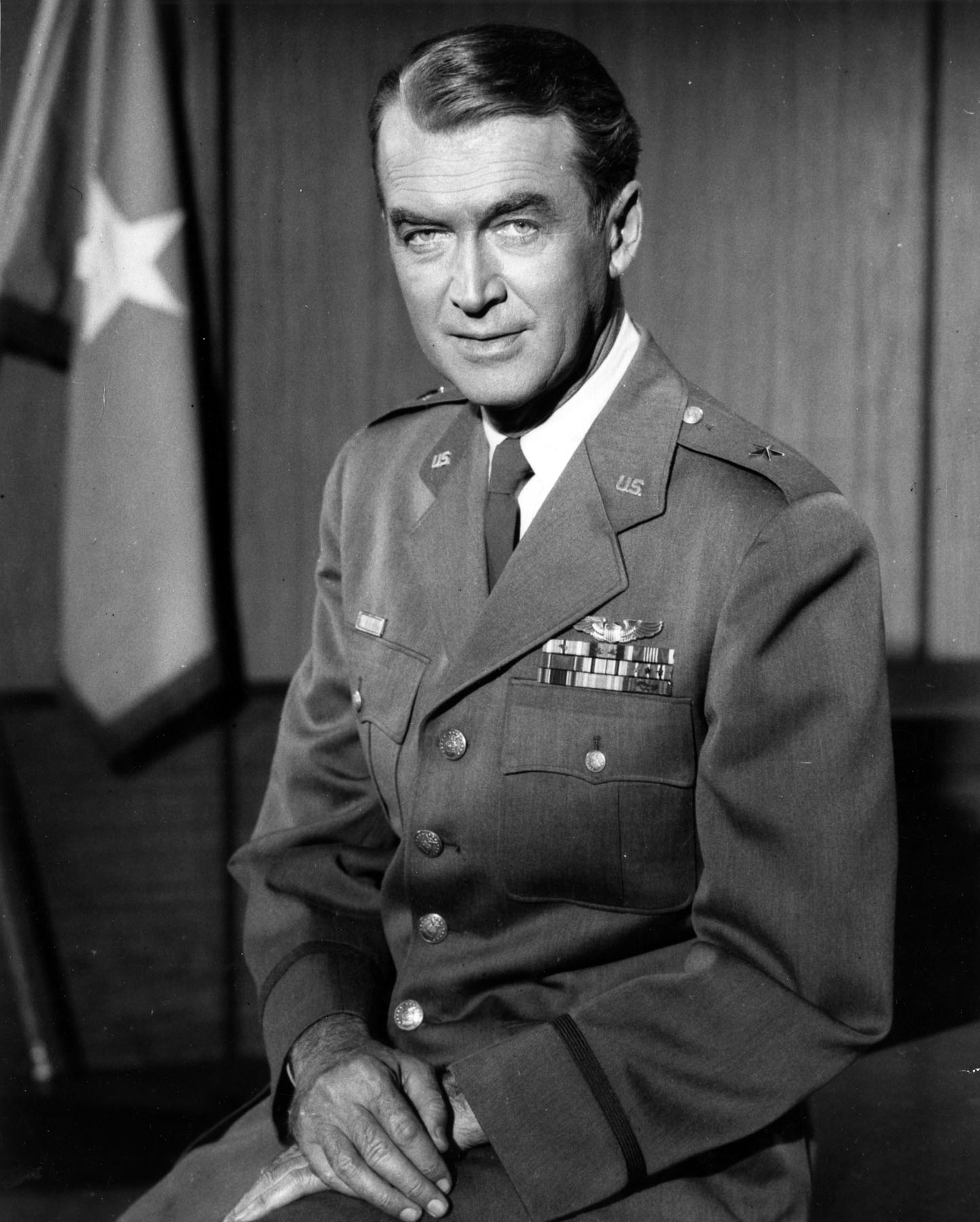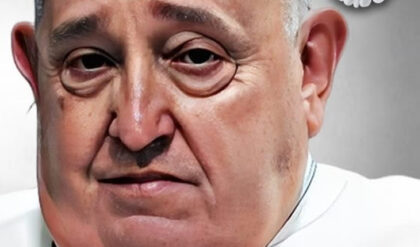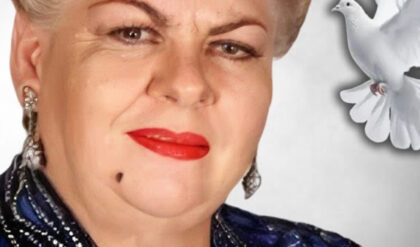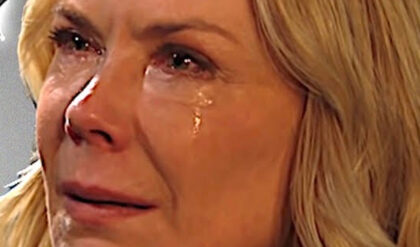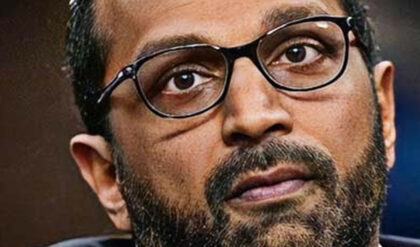Hollywood has long been seen as a progressive force in American society. For decades, films have promoted ideals of freedom, tolerance, and equality. Yet, beneath the glitzy facade, many actors and filmmakers have held, or still hold, troubling beliefs, some of which have surfaced publicly and tainted their legacies. Here, we explore some notable figures whose views and actions have sparked debates, re-evaluation of their contributions, and lasting stains on their names.
1. Bing Crosby
Bing Crosby, celebrated for his smooth voice and film performances, also participated in a practice common in his era—blackface. Born in 1903, Crosby grew up in a period when blackface performances were normalized in American entertainment, despite their racist connotations. He donned blackface in at least four films, perpetuating damaging stereotypes. In the 1954 film White Christmas, he performed the song “Mandy” in a way that harkened back to minstrelsy traditions.

Crosby’s friendship with Black jazz legend Louis Armstrong highlights the complexities of his character. Their relationship was mutually respectful, yet Crosby’s use of the N-word with Armstrong, even as a term of endearment, reflected the casual racism embedded in society. Although Crosby’s legacy includes significant contributions to American music, his involvement in blackface and use of racial slurs represent a darker side of his fame.
2. Jimmy Stewart
Known for his all-American roles in films like It’s a Wonderful Life, Jimmy Stewart is often remembered as a gentle, patriotic figure. But Stewart’s off-screen actions occasionally painted a different picture. In the early 1970s, Stewart allegedly objected to casting a Black actor, Hal Williams, in The Jimmy Stewart Show, voicing discomfort at the idea of a Black man in an authority role on television. Stewart’s co-workers also reported hearing him use racial slurs, revealing a racial intolerance that many found incongruent with his on-screen image.
Stewart’s views starkly contrast with those of his lifelong friend, Henry Fonda, with whom he had intense political disagreements, reportedly leading to a physical altercation. Though the friends vowed never to discuss politics again, Stewart’s conservative values often clashed with the social changes emerging around him, casting a shadow on his legacy.
3. Marlon Brando
Marlon Brando, known for his raw talent in films like The Godfather, was not without controversy. In a 1996 interview with Larry King, Brando criticized Hollywood executives, many of whom were Jewish, for perpetuating negative stereotypes of minorities. His comments sparked accusations of anti-Semitism, drawing backlash from Jewish leaders who viewed his statements as discriminatory.
Though Brando’s intention may have been to call for more sensitivity in Hollywood, his singling out of Jewish executives hit a sensitive chord, especially given the long history of anti-Semitism in America. The incident tarnished Brando’s legacy, with some labeling him as anti-Semitic despite his influence on the art of acting.
4. Taylor Selfridge
A more recent figure on this list, Teen Mom OG cast member Taylor Selfridge saw her career collapse after racist social media posts from her teenage years resurfaced. In several tweets, she joked about feeling uncomfortable around Black people. Following a public backlash amid nationwide anti-racism protests, MTV cut ties with Selfridge, canceling a planned special about her pregnancy journey.
Selfridge’s response to the scandal involved an apology and a claim that her tweets were misguided attempts at humor during her younger years. While she expressed remorse and a desire to grow, the controversy highlights how past actions can still reverberate in the present, especially in the age of social media.
5. Hartley Sawyer
Former The Flash star Hartley Sawyer faced similar repercussions for offensive tweets he posted before joining the popular CW series. His tweets, which contained racist, misogynistic, and homophobic language, prompted the show’s producers to fire him. The backlash illustrated a growing industry-wide commitment to inclusivity, as executives denounced derogatory language and assured fans of their commitment to maintaining a safe work environment.
Sawyer later apologized, but his firing underscored the potential career-destroying consequences of public figures’ online behavior, regardless of when it occurred.
6. John Wayne
Few figures embody Hollywood’s old guard more than John Wayne, the star of countless Westerns and war films. In a 1971 Playboy interview, Wayne espoused disturbing views on race, expressing belief in white supremacy and describing Native Americans as “savages.” He even justified the historical mistreatment of Indigenous peoples, a perspective that drew fierce criticism from civil rights activists.
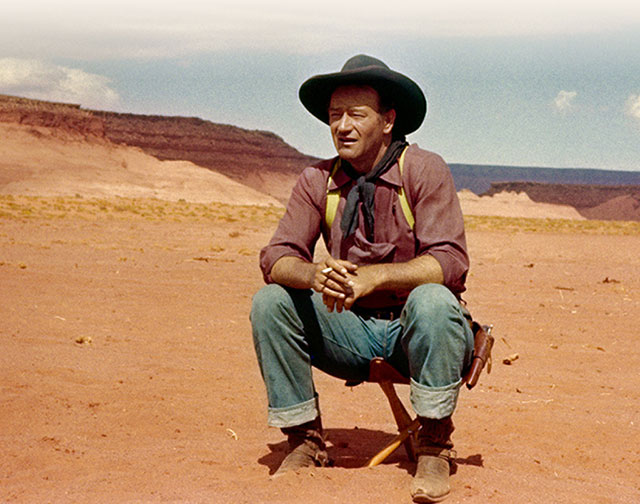
Despite his influential career, Wayne’s outdated views remain a major blemish on his legacy. The debate over renaming Orange County’s John Wayne Airport is a testament to the lasting impact of his words, as modern audiences continue to grapple with whether or not to separate his art from his personal beliefs.
7. Walt Disney
Few names in entertainment carry as much weight as Walt Disney’s. The company he founded has brought joy to millions, but Disney himself has been the subject of rumors regarding racial and gender bias. Some former employees alleged that Disney openly expressed prejudice against Jews and avoided hiring women for creative roles. His association with German filmmaker Leni Riefenstahl, infamous for her Nazi propaganda films, further fueled suspicions of Disney’s alignment with controversial ideologies.
Disney’s company has since disavowed these allegations, focusing instead on his creative genius. However, Disney’s reported biases remain a controversial aspect of his legacy, influencing how people view his contributions to family entertainment.
8. Walter Brennan
Three-time Oscar-winning actor Walter Brennan is remembered for his roles in Westerns and family comedies, but his strong anti-civil rights views have tainted his reputation. A supporter of the far-right John Birch Society, Brennan reportedly celebrated the assassinations of civil rights leaders, further illustrating his deep-seated opposition to the movement for racial equality.
Brennan used his popularity to voice his conservative beliefs, often portraying himself as a simple, down-to-earth countryman to better connect with fans. His paranoia about communism and modern culture, particularly the rise of countercultural movements in the 1960s, led him to build a bunker at his home in anticipation of a supposed Soviet invasion. His actions underscore the degree to which fear and prejudice can coexist with fame.
Conclusion
From blackface performances to bigoted tweets, these Hollywood figures each carry a complicated legacy, one that includes significant artistic contributions but is marred by disturbing racial or cultural biases. As society becomes more inclusive, Hollywood is increasingly held accountable for its past, with calls to reconsider the accolades bestowed upon some of these icons.
Each of these actors and filmmakers contributed to shaping American entertainment, but their legacies are reminders of a time when racist views were either tolerated or ignored. In today’s Hollywood, accountability and transparency are priorities. While these icons may have once represented idealized Americana, today’s audiences view them with a more critical lens, aiming to celebrate talent without ignoring the shadows that accompany it.
